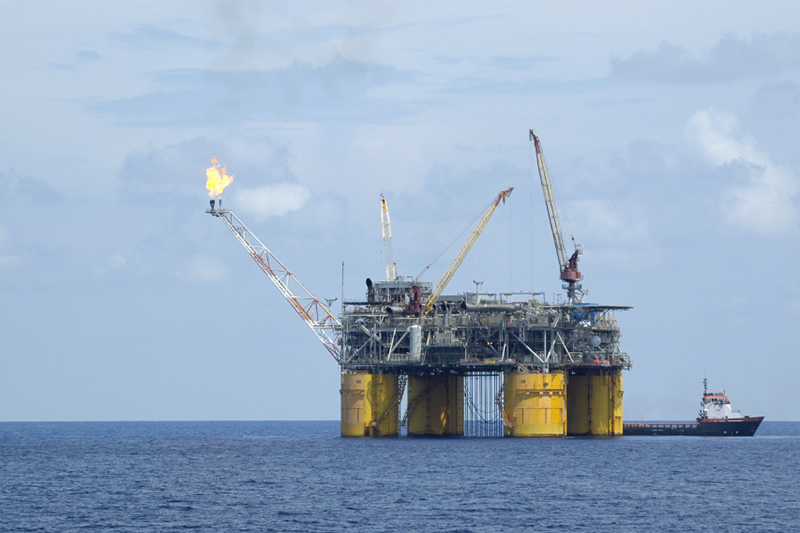MOSCOW (Reuters) -Russia said on Monday that the situation with European countries that buy its gas through a transit deal via Ukraine is very complicated and needs more attention, after talks between President Vladimir Putin and Slovak Prime Minister Robert Fico.
Ukraine has said it will not be renewing a five-year transit deal for Russian gas to Europe, which is due to expire at the end of the year, as it does not want to aid Moscow’s military effort.
The flow through Ukraine accounts for around half of Russia’s total pipeline gas exports to Europe. Slovakia, Italy, Austria and Czech Republic will be the most affected if it ends.
Kremlin-controlled Gazprom (MCX:) also exports gas to Europe via the TurkStream pipeline on the bed of the Black Sea.
Kremlin spokesman Dmitry Peskov said he could not give more details about Sunday’s talks between Putin and Fico, which also touched on bilateral relations and the Ukraine conflict.
Fico said on Sunday that Putin had confirmed Russia’s willingness to continue to supply gas to Slovakia, although the Slovak leader said this was “practically impossible” once the gas transit agreement between Russia and Ukraine expires.
It was not clear what potential solution the two leaders might have discussed.
Hungary has also been keen to keep the Ukrainian route, although it will continue to receive Russian gas from the south, via the TurkStream pipeline.
Ukraine’s President Volodymyr Zelenskiy said last week it might be possible to renew the transit deal, but only on condition that Russia was not paid for the gas until after the war is over, a condition Moscow is unlikely to accept.
“You heard the statement from the Ukrainian side, and you know about the positions of those European countries that continue to buy Russian gas and that consider this necessary for the normal operation of their economies,” Peskov told reporters.
“Therefore, there is now a very complicated situation here that requires increased attention.”
Putin said last week it was clear there would be no new deal with Kyiv to send Russian gas through Ukraine to Europe.


